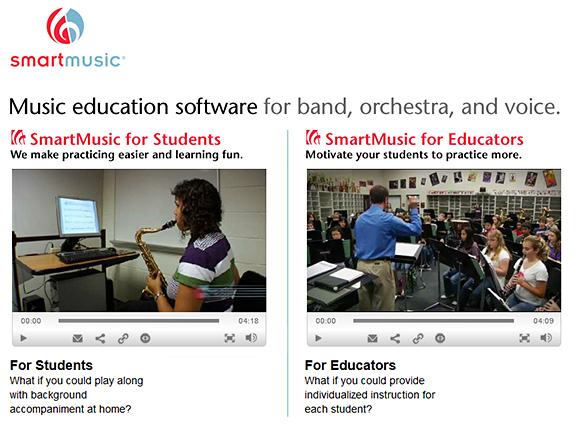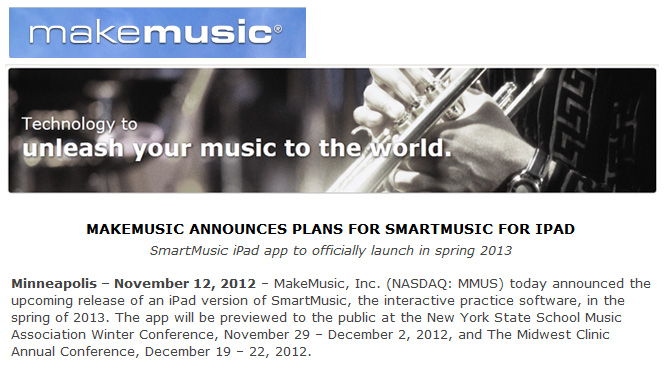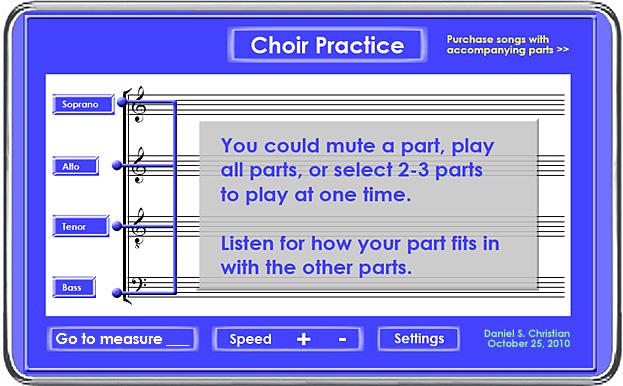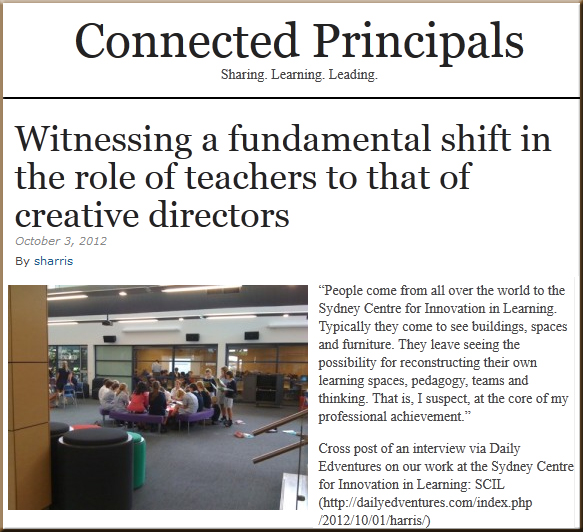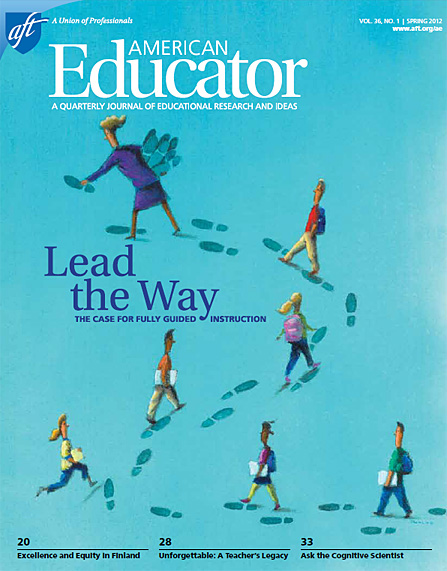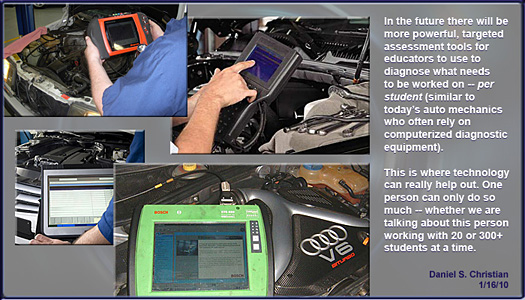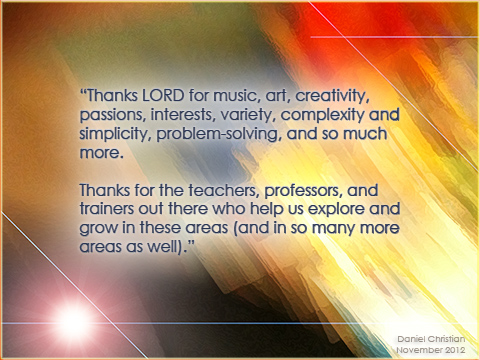
Special Education 101 Infographic
Excerpt:
…we would like to present the following infographic as an introduction to this rapidly growing field. It provides an overview of what special education is, how students are referred for special education services and definitions of acronyms common to the field, like “IEP” (or “Individualized Education Program”), along with much more.
Although special education began in the 1950s as a movement to win individuals with disabilities a free and quality education, it has today come to embrace the ideal of inclusion, with many students with disabilities being taught in general classrooms alongside their non-disabled peers. Thus, as fully inclusive classrooms become more of a reality, all prospective teachers can benefit from a better understanding of the basics of special education. The number of students receiving special education services is also steadily on the rise, so now is certainly the time to start learning more about the field.
Deanna Jump’s ten tips to make a million bucks — from edsurge.com by Betsy Corcoran
Every teacher should be a millionaire. Here’s what one kindergarten teacher who did it learned along her way.
The 33 digital skills every 21st century teacher should have — from the Educational Technology and Mobile Learning blog by Mohamed (Med) Kharbach
From DSC:
A great list of skills here — great job Mohamed! I do wonder though…with the accelerating rate of technological change, at what point do we need to move towards more of a team-based approach? Can we continue to expect the teacher, professor, and/or the trainer to know it all anymore?
.
Example article:
Principles of Instruction — from American Educator by Barak Rosenshine
Research-based strategies that all teachers should know
Excerpt:
The following is a list of some of the instructional principles that have come from these three sources. These ideas will be described and discussed in this article:
- Begin a lesson with a short review of previous learning.
- Present new material in small steps with student practice after each step.
- Ask a large number of questions and check the responses of all students.
- Provide models.
- Guide student practice.
- Check for student understanding.
- Obtain a high success rate.
- Provide scaffolds for difficult tasks.
- Require and monitor independent practice.
- Engage students in weekly and monthly review.
Kindergarten teacher earns $700,000 by selling lesson plans online — from mashable.com by Zoe Fox
Excerpt:
Teaching isn’t known to be a lucrative profession, but online marketplace Teachers Pay Teachers is changing that for some educators.
Deanna Jump, a kindergarten teacher from Georgia, has made $700,000 selling her lesson plans on Teachers Pay Teachers, an ecommerce startup where teachers offer their lesson plans to fellow educators.
From DSC:
I can just see the dust building in the air now — coming from the trails starting to be paved from a new, electronic version of the Gold Rush! 🙂









